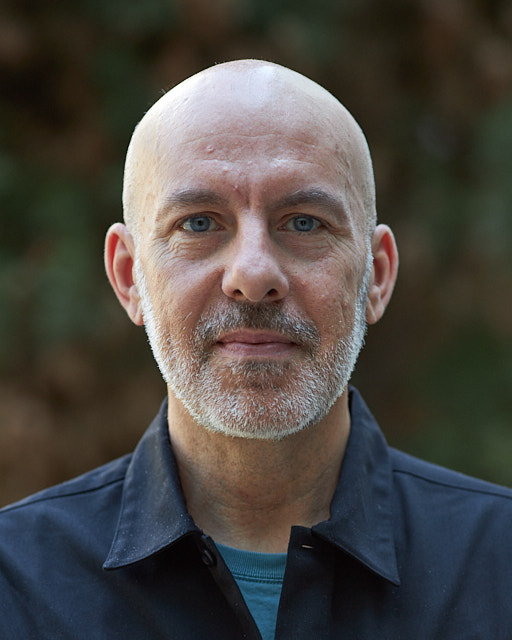 |
Full professorICREA Academia Contact:
Research Group: Alephsys |
|
Bio: Alex Arenas, who earned his Ph.D. in Physics from the University of Barcelona in 1996, has held the position of Full Professor at the Department of Computer Engineering and Mathematics (DEIM) at Rovira i Virgili University (URV) since 2010. He joined URV as an Associate Professor in 1995. Since 2017, he has also served as an external professor at the Complexity Science Hub in Vienna. In 2022, he accepted a joint appointment as Chief Scientist specializing in complex systems science at the U.S. Pacific Northwest National Laboratory. Over the course of his career, he has engaged in research visits at various international universities and research institutions. These include the University of Oxford, the ISI Foundation in Turin, the Max-Planck-Institut für Physik komplexer Systeme in Dresden, the Institut Universitaire Kurt Bösch in Switzerland, and Aalto University in Finland. Notably, he has spent two cumulative years as a visiting researcher at Lawrence Berkeley Laboratory and the University of California, Berkeley. In acknowledgment of his intensive scholarly activity, Professor Arenas has received multiple awards and honors. Noteworthy are his appointment as a Fellow of the American Physical Society in 2018, cited for his seminal research in network science, specifically in community detection, synchronization, and multilayer networks, as well as for his editorial and mentoring contributions. He was also named a Fellow of the Network Science Society in 2020. Further, he received the Mathematics and Society Award from the Ferran Sunyer i Balaguer Foundation in 2020, in tribute to his role in employing mathematical models for societal challenges, notably the COVID-19 pandemic. His efforts in this regard encompass the integration of population mobility data and asymptomatic transmission dynamics into epidemiological models. In 2022, he was honored with the Narcís Monturiol Medal by the Generalitat de Catalunya, recognizing his scientific and technological contributions. Additionally, he received the ICREA Acadèmia awards in 2011, 2017 and 2022 from the Catalan Institution for Research and Advanced Studies (ICREA).Professor Arenas has made remarkable contributions to the development and sustainability of his research group. Since 2012, he has held the Chair of Science and Humanism at the URV, dedicated to promoting the role of science in society through a humanist lens. Under this chair, he initiated the "Do Science at the URV" program, aimed at exposing high school students to academic research and inspiring scientific careers. This initiative has culminated in a new bachelor's program at URV in Mathematical Engineering and Physics, which he co-promoted. He has also organized various scientific conferences and contributed to URV's equality observatory, aimed at establishing gender equality in opportunities. On the societal front, Arenas has altruistically disseminated a vast array of scientific information on the COVID-19 pandemic via his Twitter platform. His analyses and recommendations have reached a broad audience through various media channels—both national and international. Concurrently, in collaboration with his research team, he has provided advisory services to the Spanish government and the Generalitat de Catalunya, generating mathematical models to predict epidemic trajectories, including case counts, hospitalizations, and ICU admissions. These models have been instrumental in shaping strategies to control the epidemic and minimize mortality rates. His contributions in this area have been officially acknowledged by the Government of Catalonia, which appointed him to the Advisory Committee on COVID-19 in Catalonia in February 2021 and as an initiator of the emergent "Network of Epidemiological Intelligence in Catalonia" in 2022. Within this committee, he has played a significant role in drafting reports that recommend actions for various stages of the epidemic, based on rigorous scientific analysis. |
|
